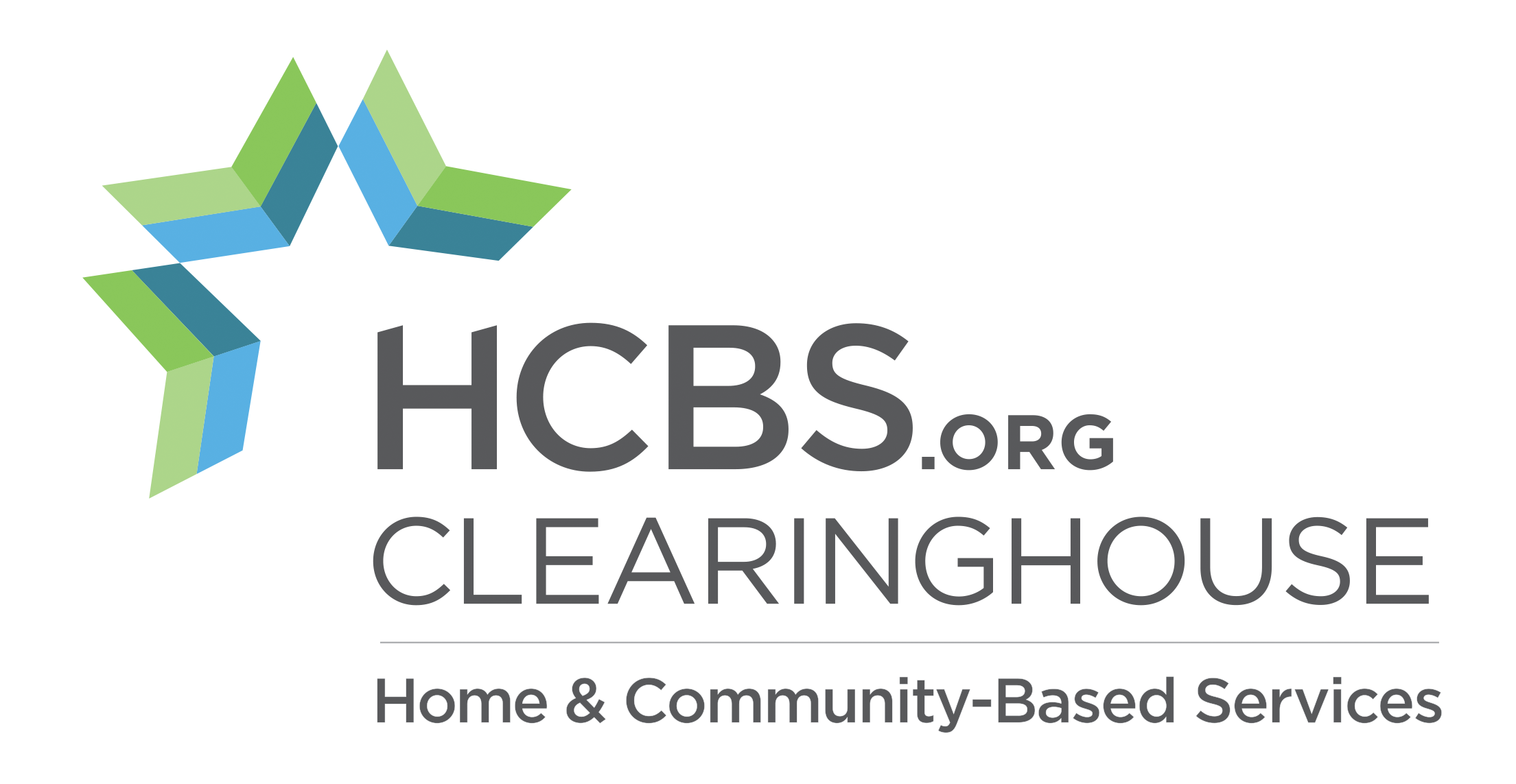
National Findings on the Intersection of Work, Health, and Well-Being
Article Publication Date
Summary
The University of Michigan has published new findings from a National Poll on Healthy Aging that reveals that the majority of working adults aged 50 and older say work has a positive impact on their physical health, mental health, and overall well-being.
The poll demonstrated differences by age: workers age 65 and older were more likely to say work has a positive impact on health and well-being than workers age 50-64.
The poll also spotlights work-related challenges faced by adults age 50 and older. Overall, 39% of non-retirees report experiencing at least one barrier that interferes with their ability to work. The most common barriers were disability, chronic illness, or poor health.
These poll findings suggest that working can offer important benefits to overall health for older workers who want or need to work and are able to. The results also indicate employers and policymakers have an important role in supporting older workers.
The poll demonstrated differences by age: workers age 65 and older were more likely to say work has a positive impact on health and well-being than workers age 50-64.
The poll also spotlights work-related challenges faced by adults age 50 and older. Overall, 39% of non-retirees report experiencing at least one barrier that interferes with their ability to work. The most common barriers were disability, chronic illness, or poor health.
These poll findings suggest that working can offer important benefits to overall health for older workers who want or need to work and are able to. The results also indicate employers and policymakers have an important role in supporting older workers.
Types/Tools
Populations
States

